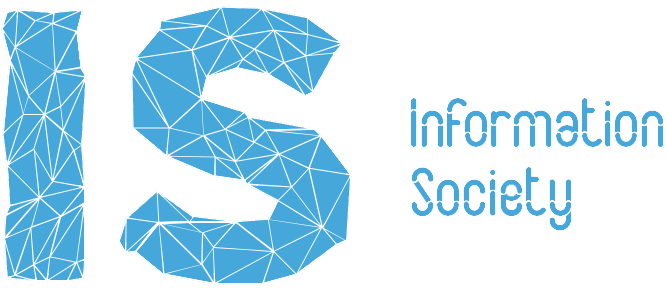Cristina Dias, Luísa Carvalho and Sérgio Correia
Abstract
In an educational scenario marked by the growing presence of
Artificial Intelligence (AI), mathematics plays a strategic role in
shaping critical thinking and solving complex problems, ensuring
an inclusive approach. Overcoming traditional approaches
centered on formulas and mechanical procedures, while promoting
inclusiveness, is a pedagogical priority. This study aimed to
implement and analyze two didactic proposals that integrate AI
tools into problem-solving situations in 120-minute classes designed
for higher education students. The methodology adopted
involved, in the first session, guided exploration of an AI tool,
with a focus on formulating questions, analyzing answers, and
the strategic use of keywords. In the second session, the students
applied mental calculation strategies supported by AI, solved
problems in groups, and were assessed based on the application
of strategy, interpretation, and collaboration. The results indicate
a strengthening of students’ autonomy, an improvement in
problem-solving skills, and greater critical engagement in the
use of AI to support mathematical reasoning.
